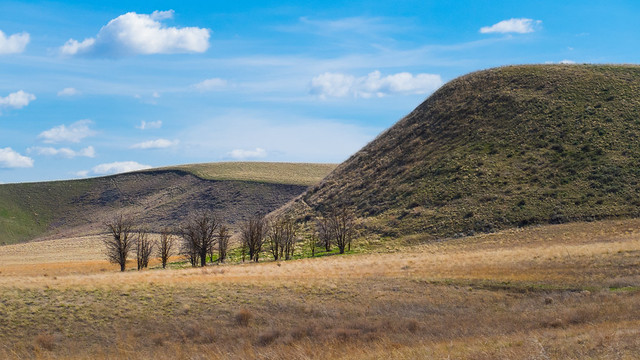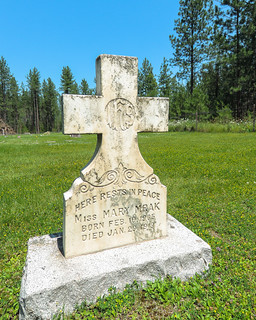Only the gods [dwell] forever in sunlight.
As for man, his days are numbered,
whatever he may do, it is but wind.

My family is experiencing a moment of sadness, as my wife and I mourn the loss of a nephew seventeen years old. Two kind and decent parents have had their beloved child taken from them and now must deal with unimaginable pain. I have no easy words of comfort to offer. Just my love, respect, heartfelt sympathies, and some thoughts that I shared with another father who faced his own horrible void of sudden death one awful night a few years ago.
This is the worst night of your life, I told him. You have suffered a terrible loss. It will never be worse than this. You have some very tough times ahead, but the day will come when you will smile and laugh about things again. It may not seem possible, but it will happen. Now, let’s work on getting through the next five minutes. Then the five minutes after that.
Somehow, we did. And yes, I did see him smile again.

As parents, the entire project of our existence lies in these offspring whom we raise from helpless, squalling infants. If our fervent hopes come true, we finally release them into the world as young adults, to fend for themselves and continue the cycle another step. It is a long and arduous road, and a happy outcome—the further perpetuation of our precious genes—is far from guaranteed. Indeed, for most of human existence, it seems, the odds were stacked against it.
One of the fascinating stories that the brilliant polymath Frank Zindler has told me from his long and remarkable life (the subject of my next post on this blog) was about another father’s loss of his child. That particular death remains recorded only as an etching on ancient stone.
In the beginning of 1983, as Frank was waiting for his beloved wife Ann (whom death now has also claimed) to join him in their move to Ohio, he spent his evening in the local university library. One of the very first evenings he was there, in the classics reading room, he took down a volume from the Corpus Inscriptionarum Graecarum, a body of ancient written monuments.
He remembers the long reading tables, like those found at the New York public library, he says. He sat at the end of one and opened the volume at random, and his eyes fell upon a Greek inscription from the 3rd century BC. It was an epitaph for a 13 year old girl, written by her anguished father.
While Frank was reading, he suddenly saw a tear drop onto the page, and realized it was his own. He had been weeping. He remembers a student sitting nearby at the table, looking amazed at such an outpouring of emotion from someone reading a book. But this wasn’t just any book.
It was a cry echoing from antiquity, being heard again in the silence of a musty library reading room. At the instant he read the words, Frank says, the anguish felt by this father, now long dead himself,
had come to life once again in my brain, as I read that epitaph. That recording in stone had transmitted this emotion, this feeling, this sensation, to someone who would not live for two thousand years. That feeling once again existed.
Frank calls the experience “a life changer.” He realized that if he writes things well, they will be remembered. They will indeed. And so also—in your minds right now, even without the words at hand—has the expression of sadness, of humanity, from a man about his young girl who died tragically young some 2300 years ago.
Her bones have long since joined the dust of her father and all those who stood grieving for her, and the generations of those who would follow. But like an ember that drifts, dimly glowing, far away from a distant fire whose heat is no longer felt, a small remnant of the love that had been felt for her still lives on. May it do so for Steven, and his parents in their turn, and for each of us as well.
